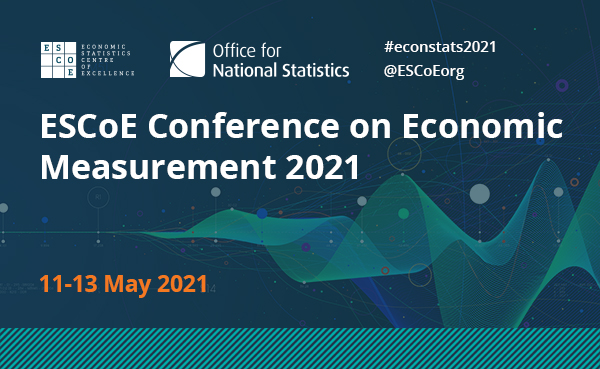We found that, in 2017, the UK was a net winner from profit shifting, with £41bn more profit being actually recorded in the UK than would have been the case based on our counterfactual measure. That’s 1.9% of GDP extra profit recorded in the UK in 2017. The result is the same whether including just subsidiaries (50%+ ownership shares), or also including associates (10-505 ownership shares).
Conversely, in 2007, the UK was a net loser from profit shifting, with £24bn less profit actually reported in the UK than our counterfactual measure suggest should have been. The scales tip in the UK’s favour from 2009 onwards, after the financial crisis. Associate ownership relationships were far more important in 2007 than in 2017, but don’t change the fact that the UK was a net loser from profit shifting at that time.
The industries providing the biggest wins from profit shifting or the UK in 2017 were oil, gas and mining related industries, pharmaceuticals, and telecoms. The industries with the biggest new losing positions for the UK in 2017 were financial services, and manufacturing of basic metals and machinery and equipment.











